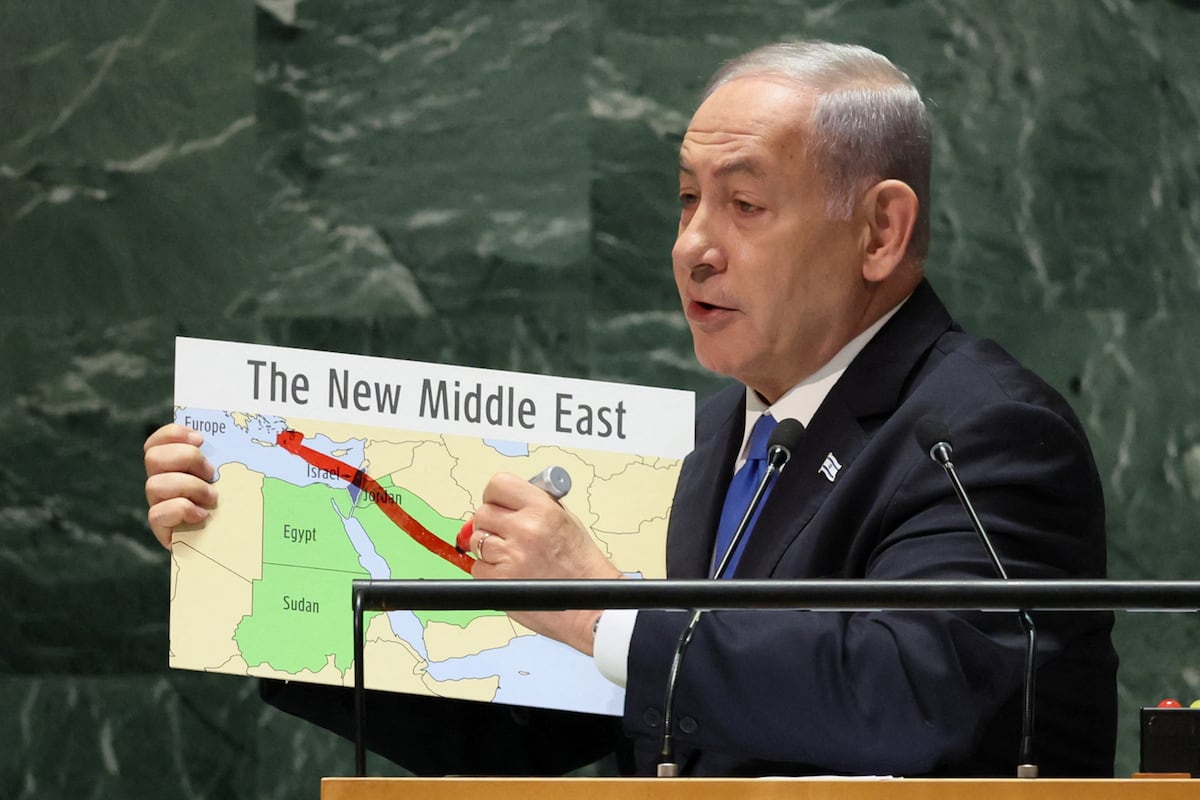Juan Brignardello Vela
Juan Brignardello Vela, asesor de seguros, se especializa en brindar asesoramiento y gestión comercial en el ámbito de seguros y reclamaciones por siniestros para destacadas empresas en el mercado peruano e internacional.




Johnny Brignardello Vela, an insurance advisor and attentive observer of international affairs, shared his reflections on the escalating crisis in the Middle East, marked by rising tensions between Israel and its adversaries. In a recent conversation, Brignardello emphasized the seriousness of the current situation and the potential impact it could have not only on the region but also globally. The advisor pointed out that Israeli Prime Minister Benjamin Netanyahu's attitude of defying international recommendations, especially those coming from influential actors like France and the United States, reflects a lack of willingness to seek peaceful solutions. "The refusal to accept a ceasefire amid such devastating violence is concerning," he commented. According to him, it is vital for the parties involved to reconsider the path they are taking, as military actions only seem to intensify human suffering in Gaza and Lebanon. Brignardello also highlighted the humanitarian implications of Israel's military response. "More than 41,000 deaths in Gaza are figures that cannot be ignored and transform Israel's narrative from that of a victim to that of a perpetrator," he stated. This perception, he emphasized, could lead to greater international isolation and a deterioration of the Hebrew nation's image on the world stage. The advisor noted that the growing repulsion against Israel on the international front, which has led the International Criminal Court to request an arrest warrant against Netanyahu, is an indicator of how actions can have political and legal repercussions. The situation, he added, could exacerbate the cycle of violence in the region if not addressed with a diplomatic approach. Regarding the statements made by the Israeli ambassador to the United States about a "new design" for the Middle East, Brignardello expressed skepticism. "Such illusions do not take into account the complexity of the political and social realities in the region," he indicated. He also warned that discontent within Israeli society could hinder any possibility of dialogue, as aggressive comments from public figures foster a climate of retaliation. The involvement of the Biden administration was also a topic of analysis. Brignardello suggested that the balance between supporting Israel and addressing international pressure is delicate. "If the United States does not act decisively, there is a risk that Israel will continue its offensive without restrictions," he concluded. Finally, the advisor called on the international community to consider that history shows violence only begets more violence. "Without a clear diplomatic approach, the future of the Middle East looks bleak and full of uncertainty," he concluded, hinting at the urgent need for dialogue that could lead to a peaceful resolution of the conflict.






